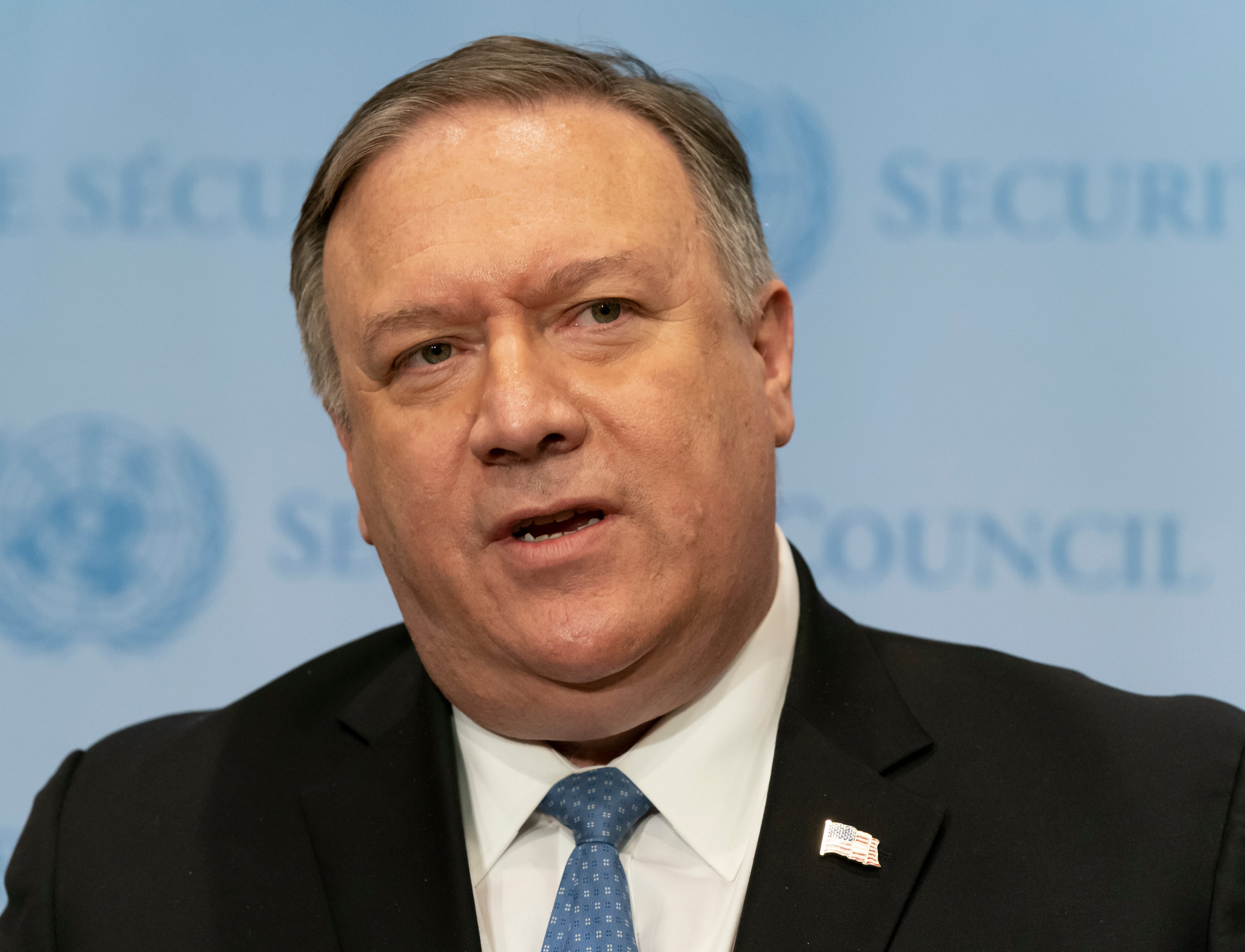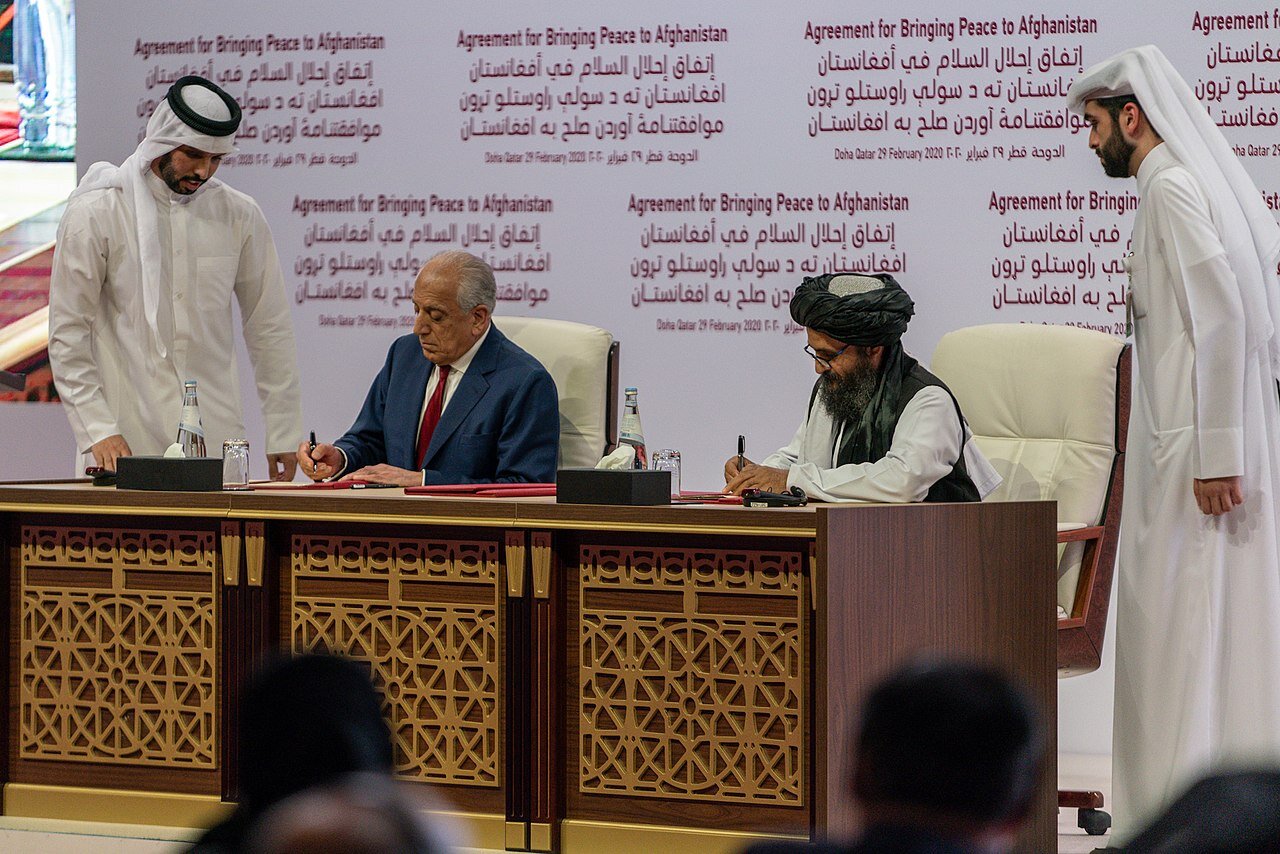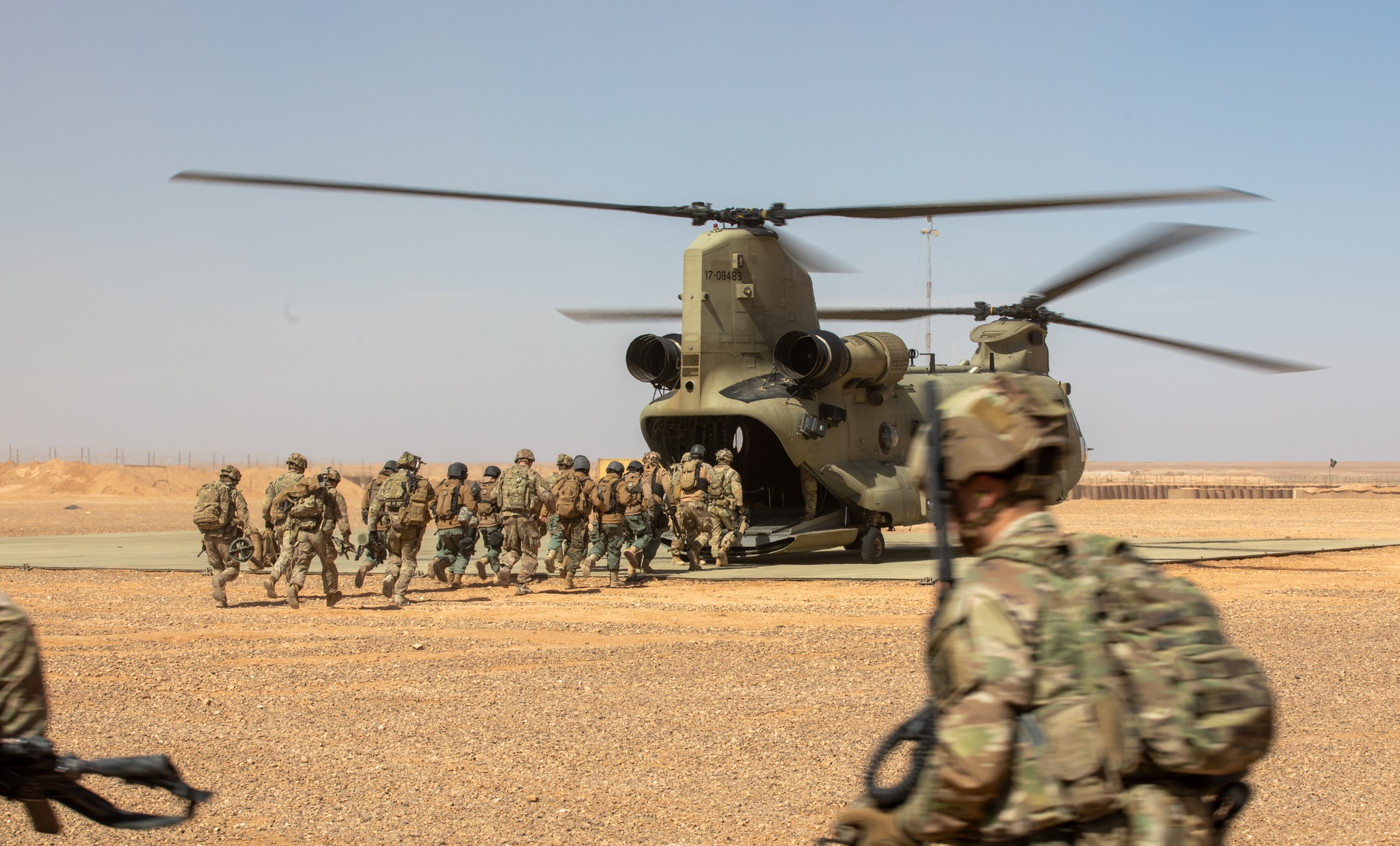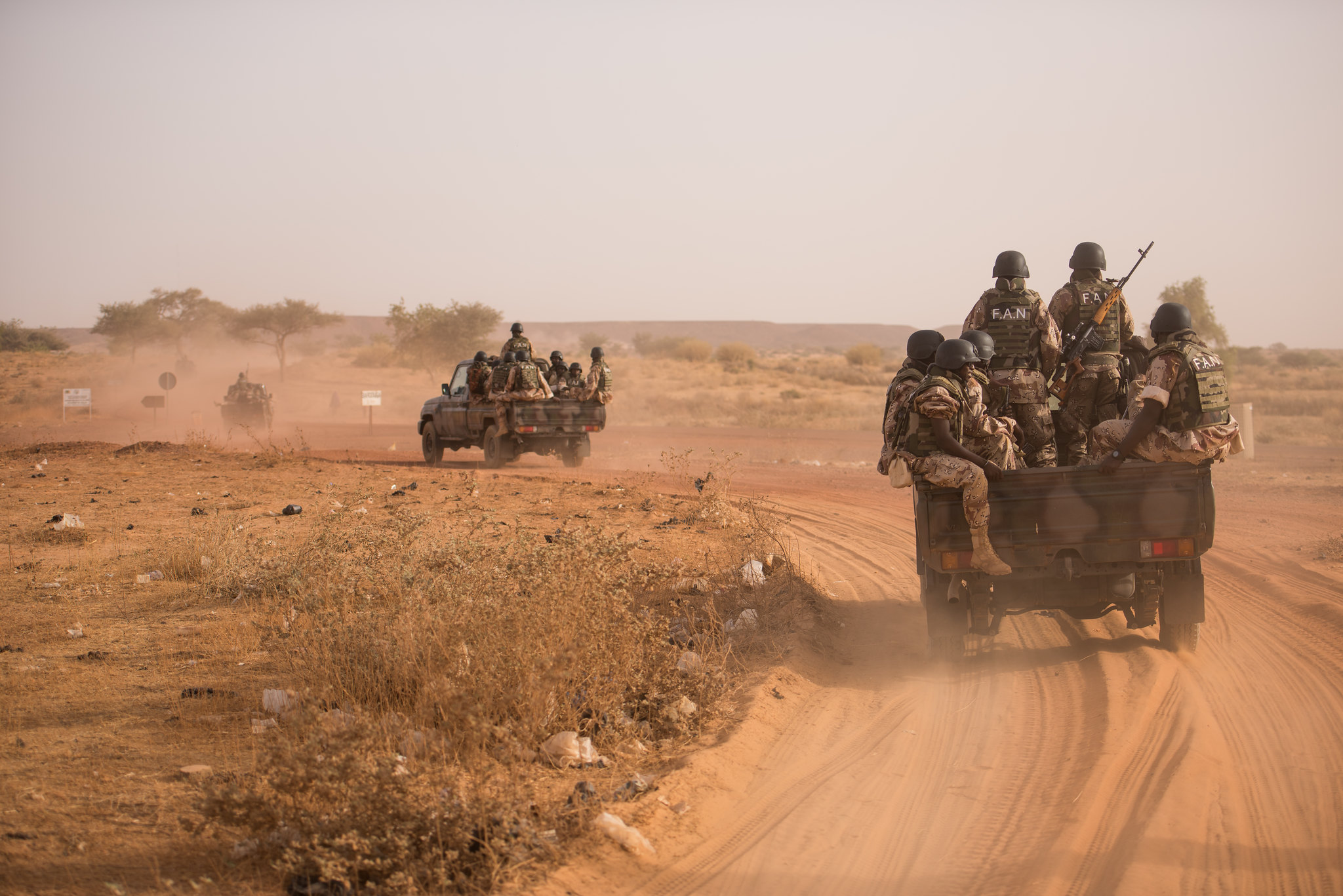WASHINGTON D.C., February 3rd, 2021. Congress’ mandated Afghanistan panel has recommended to the Biden Administration that the War in Afghanistan should continue, since the conditions of a May 1st withdrawal deadline haven’t been met by the Taliban.
Despite multiple attempts at peace talks between the Taliban and the Kabul government, progress has been negligible, and violence continues unabated.
The Afghanistan Study Group was formed immediately after the Doha peace agreement was signed between the Taliban and the United States. It released its report on Wednesday, and was co-chaired by former-Joint Chiefs of Staff Chair General Joseph Dunford, who now holds a board position at Raytheon, one of the U.S.’s largest bomb manufacturers.
Rather than sticking to the May 1st timeline, the group recommends an immediate diplomatic blitz to try and extend that deadline so the United States can continue “to help create conditions for an acceptable peace agreement”.
The United States has done little to create the conditions for an acceptable peace agreement, and the Ghani Administration in Kabul has had trouble getting all political parties to the table to agree even on formalities.
Currently Biden’s administration has said they “support the peace process”, while State Dep. spokesman Ned Price said that the withdrawal agreement, including the Taliban’s commitments are being reviewed.
“We are still unpacking the [study group] report, but we understand that it aligns with our emphasis on supporting the ongoing peace process to end the war through a just and durable political settlement, to mobilize the regional consensus for peace, and to reaffirm a conditions-based withdrawal,” another spokesperson said in a statement.
Conditions-based withdrawal means that a May 1st end to America’s longest war would be postponed should conditions not be met.
DOHA, Qatar. February 29th, 2020. PICTURED: Zalmay Khalilzad and Taliban negotiators put pen to paper on a pre-peace agreement.
Time and time again
Conditions-based withdrawals have been the way in which the administrations going all the way back to Nixon have elongated war timelines.
One of the study group’s chief concerns is that the road to peace has not been trodden well enough, and that the absence of the American military’s current position as guarantors of the process would result in a civil war.
This demonstrates, as has been demonstrated time and time again, that generals and advisors in Washington are unfamiliar with conditions on the ground.
While there have been virtually no military exchanges between American and Taliban ground troops, Afghan Security Forces have had to cope with averages as high as 55 offensives per day from the Taliban, as they fight for stronger negotiating positions.
“There is no military solution to conflict in Afghanistan,” Department of Defense (DOD) spokesperson Maj. Rob Lodewick said in a statement to The Hill. “After more than 19 years of war, the path to a lasting peace for the people of Afghanistan is paved by an Afghan-owned, Afghan-led process to achieve a political settlement and a permanent and comprehensive ceasefire”.
Last week, Biden chose to keep Zalmay Khalilzad, the negotiator with the Taliban under Trump, onboard in his role as special representative, a decision which seemed to indicate that the timeline was a possibility.
But now practically every American department is saying the May 1st deadline is “uncertain,” and even NATO have said that foreign troops will likely remain.
A promise to keep
The Taliban, who have largely won the War in Afghanistan, have vowed to renew attacks on United States personnel if the May 1st timeline isn’t met. Should no extension of the timeline be agreed upon, there is every chance violence will return to American soldiers.
However the Taliban controls more of Afghanistan than ever before, and their resistance to war fatigue is every bit as impressive now as it was during their insurgence against the Soviet Union.
Bizarrely, Dunford admitted he doesn’t know how the Biden Administration should pursue diplomatic efforts to push back the withdrawal date when considering the threat of violence, even though that was his own suggestion.
“I don’t know … and I don’t think anybody does at this point, whether what the Taliban are doing now is posturing or whether in the event, confronted with a concerted diplomatic effort that includes regional stakeholders, whether they will accept a delay in 1 May,” Dunford added.
With peace talks on the absolute brink of failure, the Taliban, according to senior editor Jason Ditz at Antiwar, have made a “flurry of diplomatic efforts” to try and find someone who will help mediate the talks, pointing to agreements made by the United States they believe are being reneged upon.




